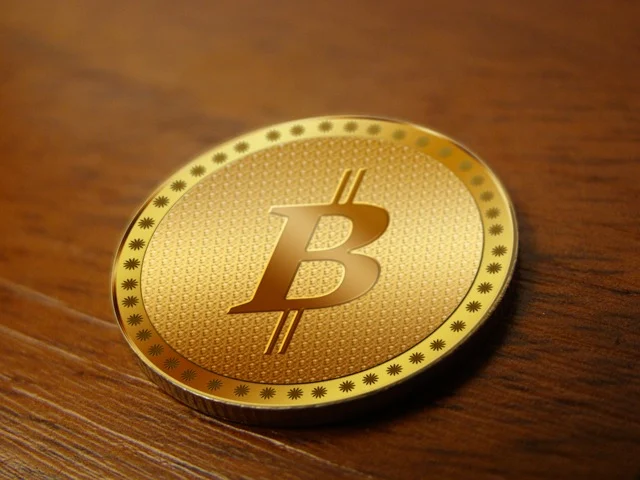Introduction
Bitcoin, the world’s first decentralized digital currency, has transformed from a niche technological experiment into a global financial phenomenon. Initially dismissed as a fringe asset for tech enthusiasts, Bitcoin now boasts mainstream adoption and a multi-trillion-dollar market capitalization. This evolution marks a paradigm shift in how we perceive and interact with money.

What is Bitcoin?
Bitcoin, created in 2009 by the pseudonymous Satoshi Nakamoto, operates on a peer-to-peer network using blockchain technology. This distributed ledger ensures transparency, security, and immutability of transactions, laying the foundation for its widespread adoption.
Early Days: A Niche Asset
Bitcoin’s journey began in the obscure corners of the internet, primarily used by cryptography enthusiasts. Its decentralized nature offered an alternative to traditional financial systems, but skepticism abounded.
- The Genesis Block: The first Bitcoin block, known as the genesis block, symbolized a break from centralized banking.
- Limited Use Cases: In its infancy, Bitcoin was primarily used for niche purposes, including online forums and experimental transactions.
Technological Milestones and Adoption
The growth of Bitcoin can be attributed to technological innovations and increased accessibility.
- Mining Evolution: Initially, mining Bitcoin required minimal computational power. However, as the network grew, specialized hardware like ASICs became essential.
- Wallet Development: The creation of user-friendly wallets simplified Bitcoin storage and transactions.
Breaking into Mainstream Finance
Bitcoin’s journey to mainstream finance was marked by several milestones:
- Institutional Interest: Companies like Tesla and MicroStrategy began holding Bitcoin in their reserves, signaling its legitimacy as an asset class.
- Payment Integration: Payment processors such as PayPal and Visa integrated Bitcoin, allowing users to transact with digital currency.
- Global Reach: Bitcoin adoption surged in countries facing economic instability, offering an alternative to failing fiat currencies.
Challenges and Criticism
Despite its growth, Bitcoin has faced significant hurdles:
- Volatility: Price fluctuations have raised concerns about its viability as a currency.
- Regulatory Scrutiny: Governments worldwide have grappled with regulating Bitcoin while addressing concerns about illicit use.
- Energy Consumption: Bitcoin mining’s environmental impact has sparked debates about sustainable practices.
Bitcoin as a Store of Value
Over time, Bitcoin transitioned from a medium of exchange to a store of value, often referred to as “digital gold.”
- Inflation Hedge: Bitcoin’s capped supply of 21 million coins positions it as a hedge against inflation.
- Market Capitalization Growth: Its growing market cap has drawn comparisons to traditional financial instruments.
Global Currency Potential
Bitcoin’s borderless nature and decentralized framework make it a compelling candidate for global currency status.
- Cross-Border Payments: Bitcoin enables near-instant cross-border transactions at minimal cost.
- Financial Inclusion: In underbanked regions, Bitcoin provides access to financial services, empowering individuals and businesses.
The Role of Blockchain Technology
Blockchain technology underpins Bitcoin’s success, enabling secure, transparent, and tamper-proof transactions.
- Decentralization: Eliminating intermediaries ensures greater autonomy for users.
- Smart Contracts: While not native to Bitcoin, blockchain advancements have inspired broader applications.
Future Prospects for Bitcoin
The future of Bitcoin is filled with possibilities:
- Integration in Traditional Finance: As financial institutions explore blockchain, Bitcoin’s role in traditional systems will likely expand.
- Technological Improvements: Upgrades like the Lightning Network promise to enhance scalability and transaction speeds.
- Regulatory Evolution: Balancing innovation with regulation will be critical to Bitcoin’s sustained growth.
Conclusion
The evolution of Bitcoin from a niche asset to a global currency highlights the transformative power of technology in reshaping financial systems. As adoption grows, Bitcoin’s role in the global economy is set to expand, bridging the gap between traditional finance and the digital future.
